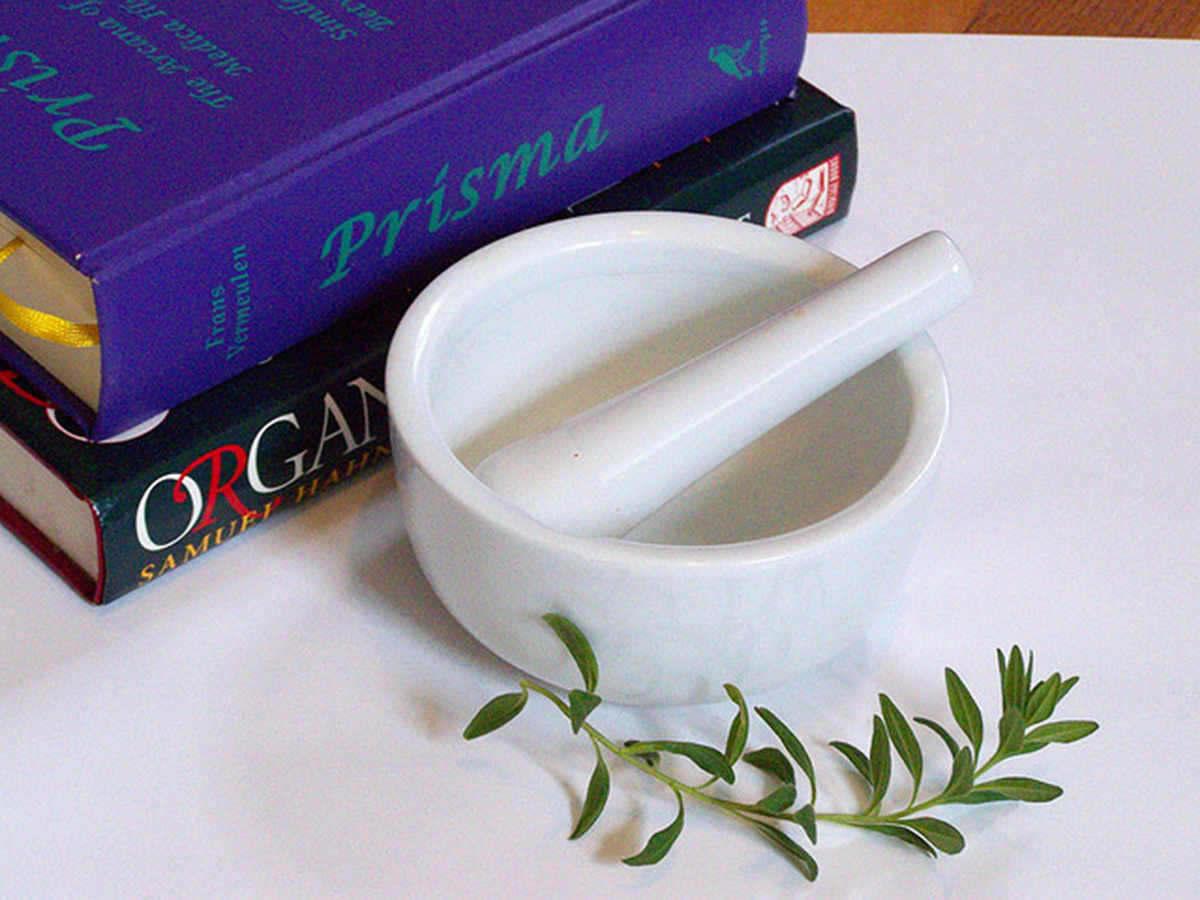Table of Contents
A question that is making its rounds on the Internet is "Do homeopathic medications really contain alcohol?" The simple answer is no. Homeopathic medications don't contain alcohol. In many cases they don't contain "anything at all", but, oddly enough, that doesn't mean they don't work. This article will tell you why.
What Is Homeopathy?

A Scientist and Mother Becomes a Believer in Homeopathy
Stanford PhD, NASA research scientist, and mother of two sons, author of Impossible Cure, Dr. Amy Lansky is a true believer in homeopathy, and with good reason. When her three-year-old son Max began to display the symptoms of autism, homeopathic diagnosis and therapy brought him back to normalcy.
Or at least so it seems to Dr. Lansky. In her book, Lansky outlines the chequered history of this “black sheep” of medical practices. She explains how in the heyday of homeopathic medicine, the person-centered practice of homeopathy was regarded as—and actually was—of superior efficacy to the far more primitive and pernicious practices of allopathic, or disease-centered medicine. She recounts how advances in what we now consider conventional medicine made it easier and more profitable in medical practice, and how homeopathy was eventually squeezed out of the mainstream and forced into its current status as alternative medicine, by some standards the “most alternative” medicine.
Dr. Lansky tells us that homeopathy works. The question is, how can we know for sure?Nobody Knows How Homeopathy Really Works
Homeopaths, of course, are convinced that homeopathy gets results. The operation of homeopathy has always been mysterious. We don't reject electric light if we can't explain Maxwell's equations and we don't disbelieve in moon travel because we can't build rockets in our backyards. If it works, some practitioners of homeopathy will ask us, and it doesn't cause harm, isn't that enough?
READ Does It Make Sense To Treat Cancer With Homeopathy?
Because homeopathy is so very different from conventional healthcare practice in our era, however, non-homeopaths are more likely to want to know the reasons how homeopathy would work before they consider the question of whether homeopathy works. The main barrier to the scientific acceptance of homeopathy is the fact that it relies on highly dilute solutions of remedies (which are chosen because they aggravate symptoms, not because they relieve them). Modern physics, it turns out, offers some tantalizing explanations of how these impossible cures may exert a physical effect in living organisms.
Spooky Action at a Distance?
One explanation of the mechanism of homeopathy was termed “spooky action at a distance” by Albert Einstein. In this conception of how homeopathy works, molecules of water (used to dilute the substances from which homeopathic remedies are made) become “entangled” with the remedy, and when the human body encounters the water used to dilute the remedy, it responds as if it had contacted the remedy itself. This effect persists, in this theory, even across time and space.
One of the complications of this theory, however, is that entanglement, if it actually occurs, would not be limited to the homeopathic remedy itself. There would be a quantum-level interaction between the starting material and the final medicine. There would be a quantum-level interaction between the homeopath and the patient. And there would be a quantum-level interaction between the homeopath, the patient, and the final medicine and/or the starting material, depending on whether or not the homeopath prepared the medication.
- Lauche R, Cramer H, Häuser W, Dobos G, Langhorst J. A Systematic Overview of Reviews for Complementary and Alternative Therapies in the Treatment of the Fibromyalgia Syndrome.Evid Based Complement Alternat Med. 2015.2015:610615. doi: 10.1155/2015/610615. Epub 2015 Jul 13. Review.
- PMID: 26246841
- Photo courtesy of y oonaghs_eye: www.flickr.com/photos/40853856@N03/3940580365/
- Photo courtesy of distillated: www.flickr.com/photos/distillated/3501378546/

